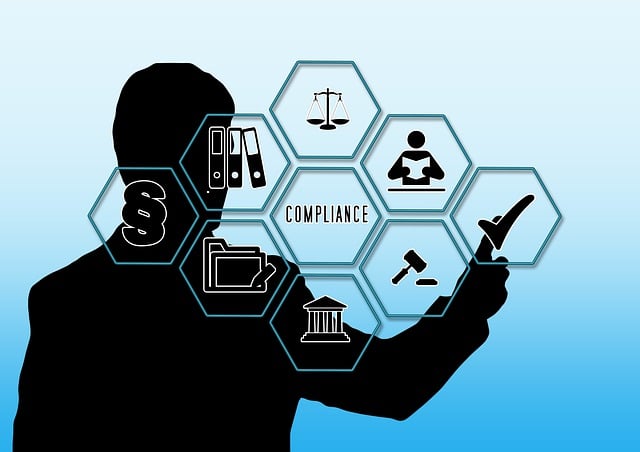Building strong partnerships between attorneys and child welfare agencies in Oregon is crucial for successful case management, emphasizing open communication, shared goals, and mutual respect. The attorney partnership guide highlights these key considerations, facilitating regular meetings and clear protocols. By combining legal expertise with social workers' knowledge, this collaboration offers holistic solutions, enhancing outcomes for vulnerable youth within the welfare system. The guide serves as a vital tool for navigating complex family law cases, ensuring stakeholders are unified in court, and fosters trust to improve client outcomes.
“Enhance your understanding of successful attorney partnerships in Oregon child welfare cases with our comprehensive guide. Learn how effective collaboration between legal professionals can significantly improve outcomes for clients. We explore key considerations, strategic relationships, and practical strategies to navigate Oregon’s legal system. This guide is an invaluable resource for attorneys seeking to build strong partnerships, ensuring the best possible care for vulnerable children.”
- Building Effective Attorney-Partnerships in Oregon Child Welfare Cases
- Key Considerations for Successful Collaboration in Oregon's Legal System
- Strategies to Strengthen Relationships and Improve Client Outcomes
Building Effective Attorney-Partnerships in Oregon Child Welfare Cases

Building strong partnerships between attorneys and child welfare agencies is a game-changer in Oregon’s legal system. This collaboration is a crucial component of successful case management, ensuring the best interests of children are at the forefront. When lawyers and social workers work together, they can navigate complex cases more effectively, providing comprehensive support for vulnerable youth.
An attorney partnership guide for Oregon child welfare cases should emphasize open communication, shared goals, and mutual respect. Regular meetings, clear protocols, and a unified approach to case strategy will foster a productive relationship. By combining legal expertise with the knowledge of social workers, this partnership can offer a holistic solution, enhancing the outcomes for children involved in the welfare system.
Key Considerations for Successful Collaboration in Oregon's Legal System

In Oregon’s legal landscape, successful collaboration between child welfare attorneys and their partners is paramount to achieving positive outcomes for vulnerable children. When navigating complex family law cases, an attorney partnership guide becomes essential, highlighting key considerations for effective teamwork. Firstly, open communication channels are vital; regular meetings and transparent discussions ensure all stakeholders are aligned, fostering a unified front in court.
Secondly, a comprehensive understanding of each other’s roles is crucial. Child welfare attorneys focus on the best interests of the child, while partners may bring expertise in adoption, guardianship, or family preservation. By recognizing and respecting these diverse skill sets, the team can strategize holistically, ensuring every aspect of the case is addressed, ultimately leading to more favorable resolutions.
Strategies to Strengthen Relationships and Improve Client Outcomes

Building strong relationships is a cornerstone of successful Oregon child welfare attorneys. An attorney partnership guide emphasizes the importance of open communication, active listening, and empathy when working with clients facing challenging situations. By fostering trust and understanding, legal professionals can better gather critical information, ensure client comfort, and ultimately improve outcomes for vulnerable children.
Collaborative approaches, such as regular case updates, shared resources, and coordinated efforts with other professionals, are key to enhancing service delivery. This comprehensive strategy not only strengthens the attorney-client relationship but also ensures a holistic support system for the child and their family.






